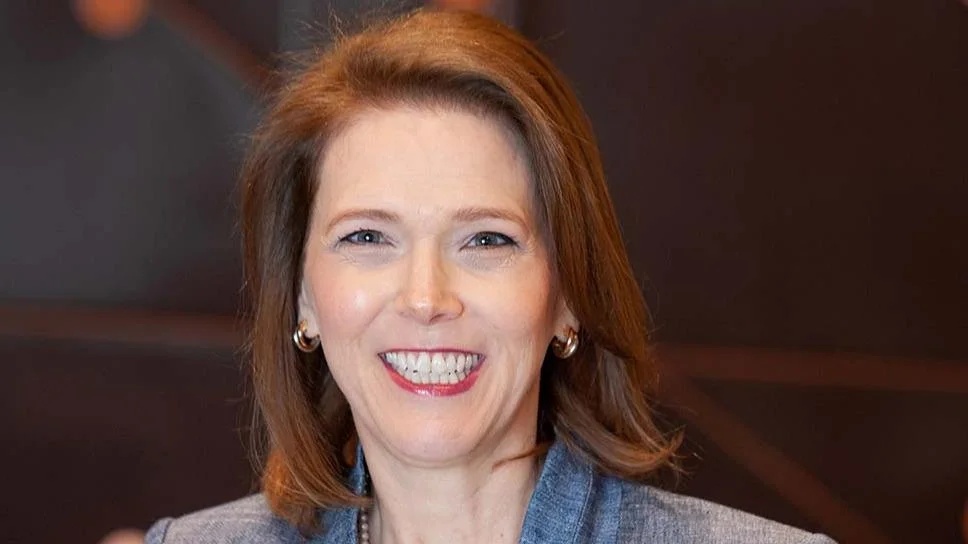In recent years, a black market for hard-to-get restaurant reservations has emerged across the United States. Technology has enabled individuals and companies to purchase reservations from legitimate restaurant websites or approved reservation sites, much like high-demand concert tickets. These reservations are then resold on unauthorized online marketplaces and social media platforms. This unauthorized selling causes operational challenges for restaurant operators, including costly no-shows and staffing issues. It also affects a restaurant’s brand and reputation due to processes outside the control of the operators. For customers, third-party reservations increase the cost or make it nearly impossible to secure bookings at certain establishments.
Steve Woodruff, general manager of Commander's Palace in New Orleans, highlighted the issue: “Unlike ticket scalpers in entertainment, these third-party reservation sellers contribute nothing to the dining experience. They don’t make the food better, the service more seamless, or the atmosphere more enjoyable—they simply make it more expensive and frustrating."
State governments have been collaborating with the restaurant industry over the past year to establish a regulatory framework. This effort aims to regulate the practice and return control of reservations to the restaurants. A recent survey of diners in full-service restaurants found that nearly two in five were aware of third-party websites charging for reservations, with close to 15% having paid for one. More than two-thirds of participants believe these unauthorized reservations are harmful, expressing concerns about their financial impact due to increasing no-show reservations.
The survey also revealed that 72% of consumers were concerned about certain restaurants becoming unreachable due to reservation resale websites. Additionally, 80% of consumers want protection for restaurants and customers from these third-party reservation companies, with seven in ten supporting legislation to prevent unauthorized sales in their city.
Mike Whatley, vice president of State Affairs and Grassroots Advocacy for the National Restaurant Association, stated, “The more technology helps us find efficiency in our daily lives, the more it also creates new ways for people to game the system.” He drew parallels with third-party delivery issues in the past, advocating for regulated relationships between reservation sites and restaurants/management.
The state of New York was a pioneer in this regulatory effort in 2024, with its Restaurant Reservation Anti-Piracy Act mandating written agreements between third-party online reservation sites and restaurants. This year, similar legislative measures have been introduced in several states, including California, Florida, Illinois, Hawaii, Louisiana, and Nevada.
Rob Mosher, co-owner of Monteverde in Chicago, expressed his concerns: "What these third-party reservation scalpers are doing is not helping restaurants—it’s an entirely separate business that exploits the system without contributing to the experience in any way. When third-party scalpers and bots scoop up reservations, it completely negates [hospitality]."
Whatley added, "We are encouraged by the legislation that state legislatures are introducing to give control over restaurant reservations back to restaurants. Customers and restaurants want the system fixed so that it is fair and works for everyone."





